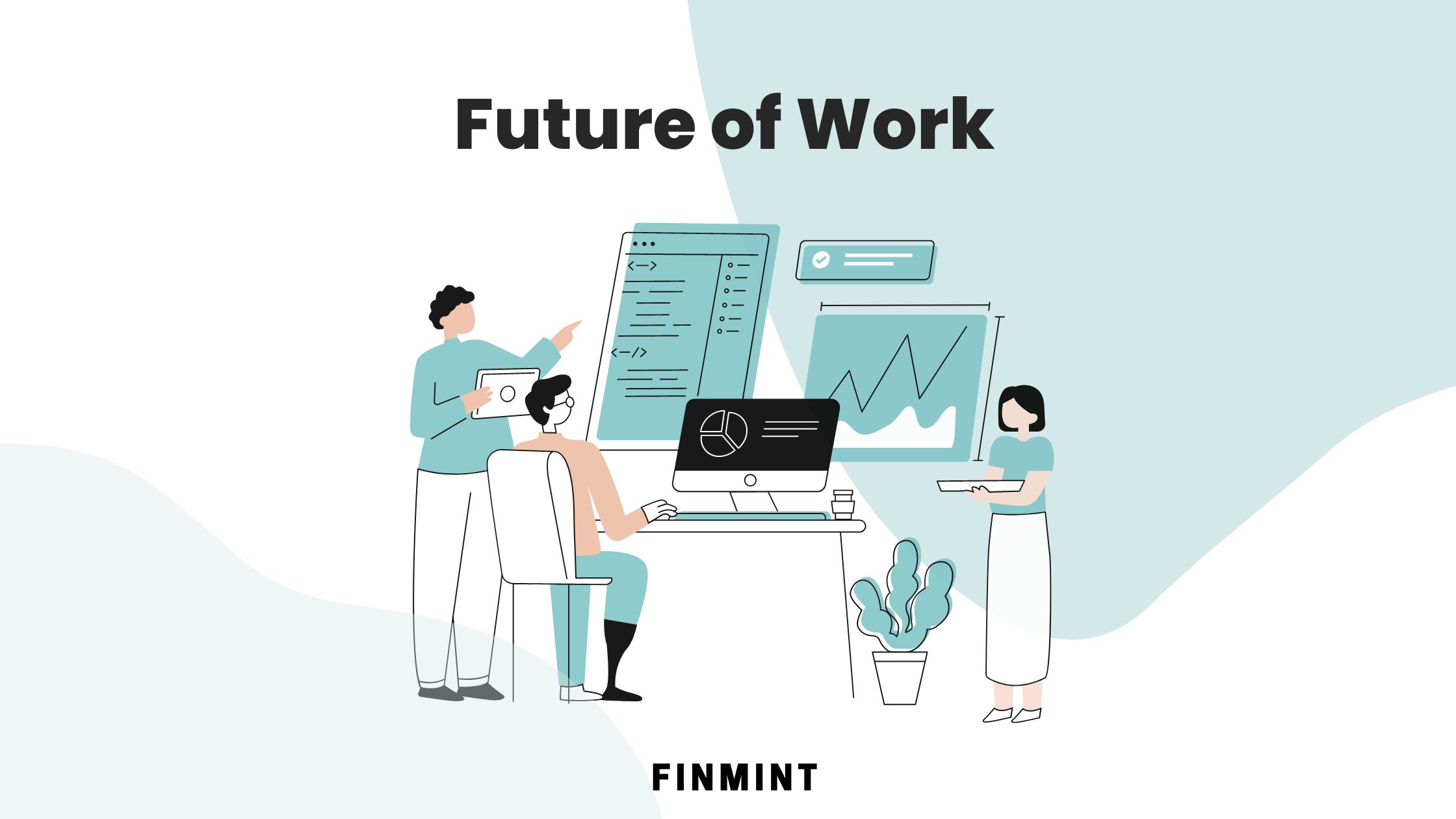The world of work is changing rapidly, driven by advances in technology and the global shift towards a knowledge-based economy. As new technologies emerge and old jobs become automated, workers are facing a new reality that requires them to develop new skills and adapt to new ways of working. In this article, we explore the key trends and forces driving the transformation of work in the digital age, and the skills that will be essential for workers to succeed in this new environment.
The Impact of Technology on the Workforce
Technology has had a significant impact on the workforce, changing the way we work and the skills that are required to succeed. The use of automation and artificial intelligence (AI) is transforming the job landscape, leading to increased efficiency and productivity, but also job displacement and skill gaps.
Automation has already had a profound impact on many industries, with machines and robots replacing manual labor in factories and warehouses. In the future, automation and AI is expected to continue to expand into jobs that require human intelligence, such as bookkeeping, legal clerkship, data analytics and customer service. This shift is expected to increase efficiency and reduce costs, but it also poses a risk to some workers who may find their jobs replaced by machines and hence may need to re-skill themselves to adapt to the changing work requirements.
In addition to automation and AI, technology is also changing the nature of work, with remote work and the freelancing becoming more prevalent. The pandemic has accelerated the shift to remote work, with many companies adopting new technologies and tools to enable their employees to work from home. This shift is expected to continue even after the pandemic, with many workers preferring the flexibility and work-life balance that remote work offers.
We have seen in recent years how digital platforms like Uber and Urban Company have made freelancing work more and more common. For individuals who seek more flexibility and control over their employment, this shift is opening up new options. Yet, it also presents difficulties because workers may not have access to retirement benefits or job security.
Overall, the impact of technology on the workforce is complex and multifaceted, with both positive and negative consequences. While automation and AI are expected to increase efficiency and create new opportunities, they also pose a risk to workers who may find their jobs replaced by machines. It is crucial that workers and organizations adapt to these changes and invest in developing the necessary skills to succeed in the new digital economy.
According to a report by the McKinsey, one in every 16 workers may have to switch occupations by 2030 due to automation.
New Skills for the Digital Age
As traditional jobs are replaced by automation and artificial intelligence (AI), workers will need to develop new skills to remain relevant in the workforce. Some of the key skills that will be essential in the future include:
Digital literacy: Workers must be proficient in using digital tools and platforms, as well as the ability to learn new digital skills quickly.
Critical thinking and problem-solving: With machines taking over many routine tasks, workers must be able to think critically and solve complex problems.
Creativity and innovation: Workers who can think creatively and generate new ideas will be highly valued in the future workplace.
Adaptability: With new technologies emerging constantly, workers must be able to adapt quickly to changing circumstances.
Collaboration and teamwork: As workplaces become more diverse and complex, the ability to work effectively with others will be essential.
Impact on Industries
The impact of technology on different industries varies widely, with some industries facing disruption while others experiencing growth. For example, the healthcare industry is expected to experience significant growth in the coming years, driven by advances in medical technology and an aging population. On the other hand, the traditional retail industry is facing significant challenges due to the rise of e-commerce and the changing shopping habits of consumers.
Policy Implications
The transformation of work in the digital age also has significant policy implications. Governments and organizations must work together to develop policies that ensure workers are protected and have the skills they need to succeed in the future workplace. Some of the key policy areas that must be addressed include:
Education and training: Workers must be provided with the necessary education and training to develop the new skills required in the digital age.
Social safety nets: Governments and organisations must work together to develop policies that protect workers who are displaced by automation and other technological changes.
Regulation of technology: Governments must develop policies that address the potential negative impacts of the use of technology, such as privacy concerns around the collection and use of data.
Workforce diversity: Organizations must ensure that their workforce is diverse and inclusive.
Conclusion
The future of work is rapidly evolving, driven by technological advances and the shift towards a knowledge-based economy. While this transformation presents many opportunities for growth and innovation, it also poses significant challenges for workers and organizations. To succeed in the future workplace, workers must develop new skills and remain adaptable to changing circumstances. Governments and organizations must also work together to develop policies that protect workers and ensure that everyone has the opportunity to thrive in the new digital economy.
In conclusion, the future of work is not something that can be predicted with certainty, but what we do know is that it will be characterized by innovation, flexibility, and adaptability. Workers who can develop the necessary skills and remain adaptable will be well positioned to thrive in the new digital economy, while organizations that can embrace change and create a diverse and inclusive workforce will be the ones that succeed.

